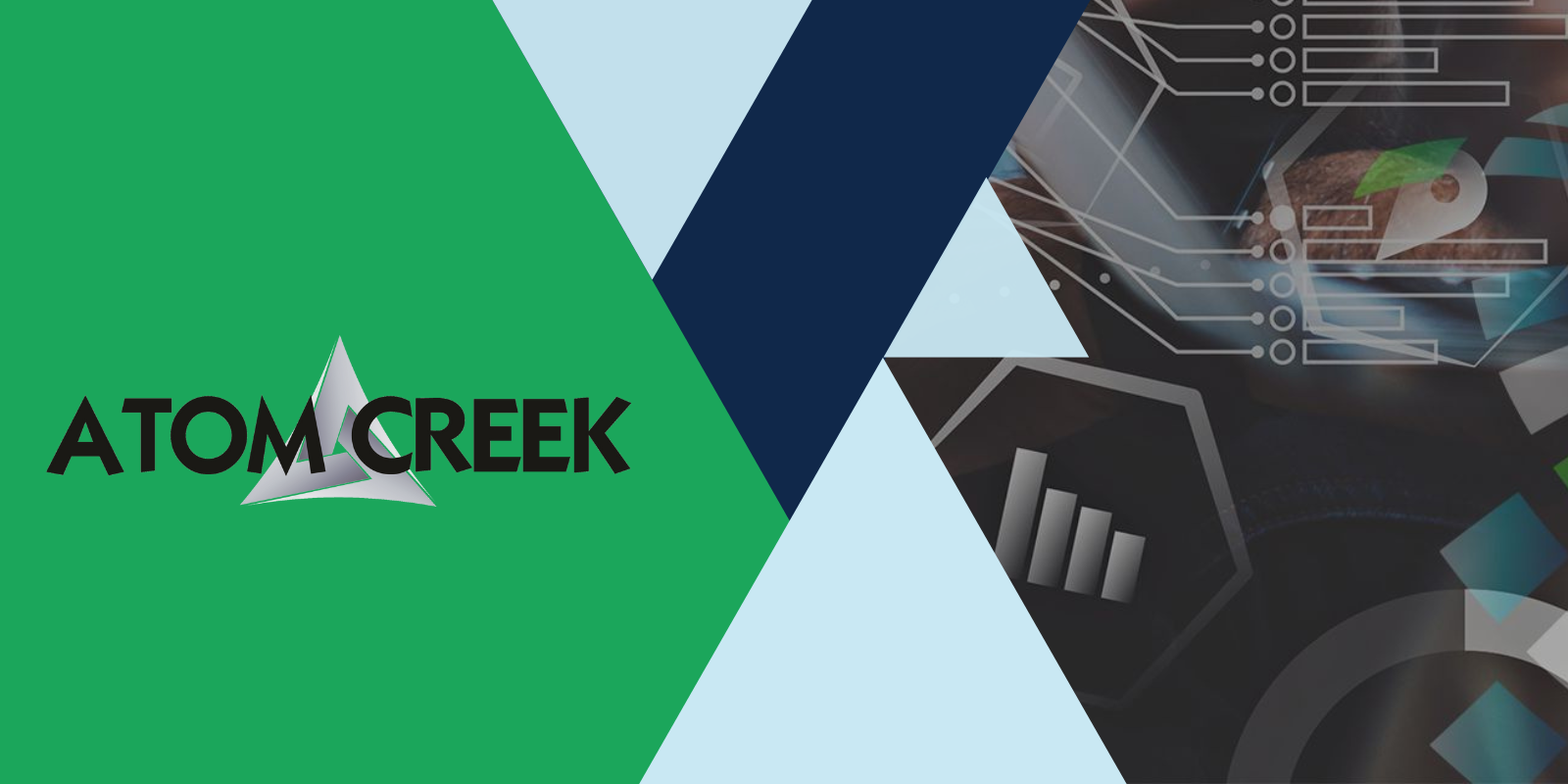Protecting Your Business
In today’s hyperconnected world, cybersecurity is a top priority for businesses of all sizes. Small and medium-sized businesses (SMBs) are not immune to the growing threat of cyberattacks. In this blog, we’ll look at the critical aspects of cybersecurity that SMBs should think about in order to protect their digital assets and sensitive information.
Choosing the Right IT Support
Choosing a dependable IT support system is one of the first steps in fortifying your cybersecurity defenses. For help with technology needs, many SMBs turn to Managed Service Providers (MSPs) like Atom Creek. Experts like us can assist you with network security, data backup, and regular system updates, ensuring that your digital infrastructure is strong and secure.
Consider the experience, track record, and services offered by an MSP. A comprehensive cybersecurity strategy frequently includes a proactive approach, such as regularly monitoring your network for vulnerabilities, performing security audits, and implementing advanced threat detection solutions. A strong partnership with a team like Atom Creek can make a significant difference in protecting your company from cyber threats.
Cyber Insurance
In today’s world, the question is not whether a cyber breach will occur, but when. Cyber insurance is an important part of your cybersecurity strategy. A strong policy can provide financial protection before, during, and after a breach, covering expenses such as data recovery, legal fees, and potential reputational damage to your company.
When selecting a cyber insurance policy, make sure it provides comprehensive coverage that is tailored to your company’s specific needs. Coverage may include costs associated with data breach notification, regulatory fines, public relations efforts to mitigate reputational harm, and legal assistance. Cyber insurance acts as a safety net, assisting your company in quickly recovering from the financial and operational consequences of a cyber incident.
Staying Compliant
Cybersecurity is constantly changing, with new regulations and legal requirements emerging on a regular basis. To avoid potential penalties and reputational damage, SMBs must stay current with these evolving cybersecurity laws. Compliance demonstrates your commitment to protecting customer data and can foster client trust.
To stay compliant, review and assess the cybersecurity regulations applicable to your industry and geographic location on a regular basis. Learn about data protection laws such as the GDPR (General Data Protection Regulation) in Europe and HIPAA (Health Insurance Portability and Accountability Act) in the healthcare industry. Compliance frequently entails implementing specific security measures, conducting risk assessments, and auditing your systems on a regular basis to ensure adherence to the established standards.
Planning for Cyber Incidents
Planning for cyber incidents is critical. Create a comprehensive incident response plan that outlines what to do in the event of a breach. This plan should include strategies for identifying the breach, notifying affected parties, and quickly restoring normal operations.
Make sure your incident response plan is tested and updated on a regular basis to reflect changes in your organization’s technology and security landscape. Tabletop exercises can be used to simulate cyber incident scenarios and assess your team’s ability to respond effectively. You can mitigate the impact of a cyber incident and reduce downtime by having a well-documented and practiced response plan in place.
CMMC and NIST Compliance
Understanding the Cybersecurity Maturity Model Certification (CMMC) and National Institute of Standards and Technology (NIST) standards is critical for SMBs, especially if you work with government contracts or handle sensitive data. These frameworks provide guidelines for improving your cybersecurity posture and can be customized to meet your specific business requirements.
CMMC is becoming increasingly important for companies that work with the Department of Defense (DoD) and its supply chain. It specifies various levels of cybersecurity maturity as well as the requirements that businesses must meet in order to participate in DoD contracts. Familiarize yourself with the CMMC framework and its associated requirements, as noncompliance can jeopardize your eligibility for lucrative contracts.
NIST, on the other hand, provides a broader set of cybersecurity guidelines and best practices that can benefit organizations across industries. Implementing NIST recommendations can assist you in laying a solid foundation for cybersecurity and aligning your practices with industry standards.
Employee Training
Employees are frequently your first line of defense against cyber threats. Regular cybersecurity training ensures that your team is prepared to detect and respond to potential threats. Password best practices, safe internet browsing, and recognizing phishing attempts should all be covered in training.
As threats and attack techniques evolve, cybersecurity training should be an ongoing process. Keep your employees up to date on the latest cybersecurity trends and threats. Consider providing regular reminders and updates to your organization’s security awareness.
Phishing Awareness
Phishing attacks continue to be one of the most common and effective methods used by cybercriminals to breach SMBs. Conducting phishing tests or simulations can help your team assess its ability to detect potential threats. Regular training sessions and simulated phishing exercises can improve your employees’ awareness and response capabilities significantly.
Implement strong email security measures, in addition to training, to filter out phishing emails and malicious attachments before they reach your employees’ inboxes. Encourage employees to confirm the legitimacy of unexpected emails, particularly those requesting sensitive information or financial transactions. You can create a multi-layered defense against phishing attacks by combining training and technology.
Conclusion
Small and medium-sized businesses must prioritize cybersecurity to protect their digital assets and customer data as cyber threats evolve. The aforementioned aspects, ranging from selecting the right IT support and obtaining cyber insurance to remaining compliant with regulations, developing incident response plans, understanding CMMC and NIST compliance, and providing ongoing employee training and phishing awareness, are all critical components of a strong cybersecurity strategy.
You can significantly reduce the risk of falling victim to cyberattacks by investing in cybersecurity measures and cultivating a culture of awareness within your organization. Keep in mind that cybersecurity is an ongoing effort, and staying vigilant is critical to protecting your company’s digital future. Proactive cybersecurity measures are no longer a luxury in today’s rapidly changing digital landscape; they are a necessity for the survival and success of your small to mid-sized business.
Contact sales@atomcreek.com today to learn more and to start strengthening your own defenses!


